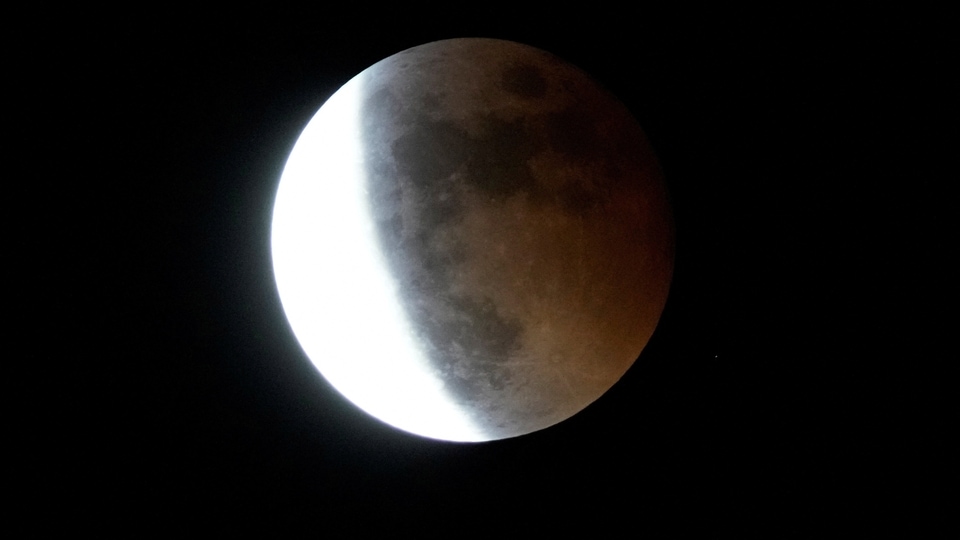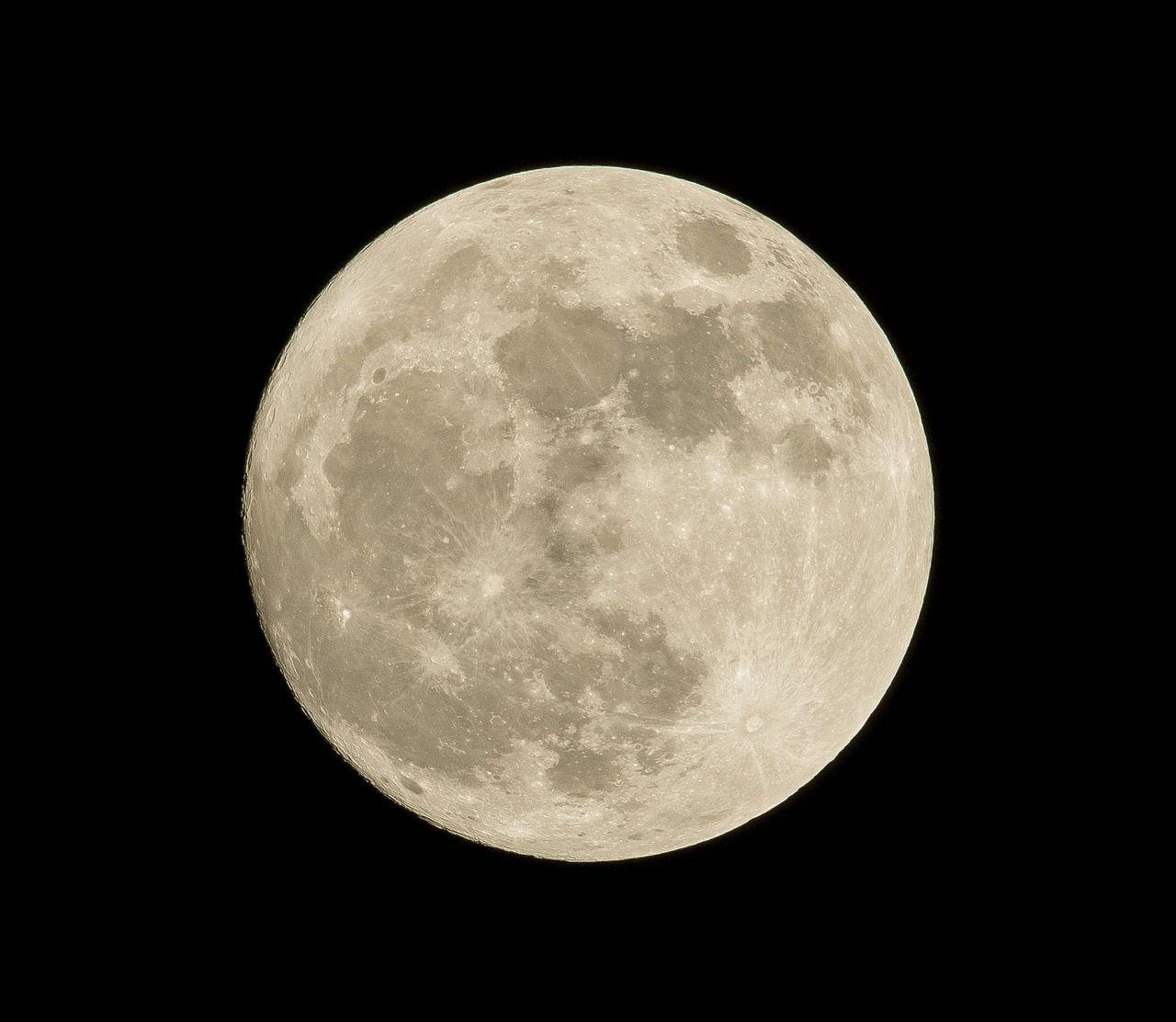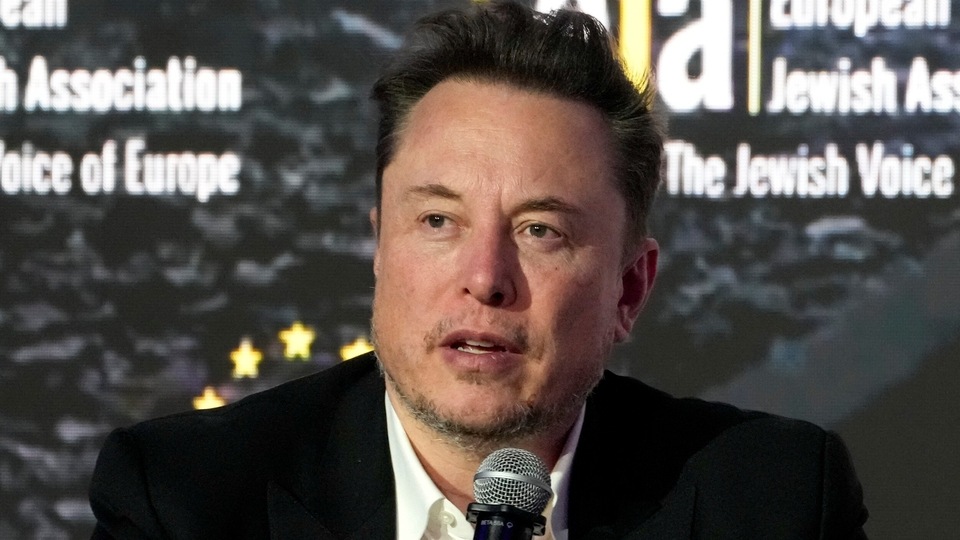For humanity's sake! Elon Musk is right about Sam Altman-led OpenAI’s hypocrisy
Too many AI startups have seen their noble goals imperiled by Big Tech’s gravitational pull.








 View all Images
View all ImagesCall it an epic troll by Elon Musk if you want, but the billionaire's lawsuit against OpenAI puts a refreshing spotlight on the endless humanitarian posturing by AI businesses.
Musk has sued the world-leading AI company and its chief executive officer, Sam Altman, for breaking their founding agreement about building powerful AI systems “for the benefit of humanity.” OpenAI still touts that mission on its website, but Musk is calling BS: “In reality… OpenAI Inc. has been transformed into a closed-source de facto subsidiary of the largest technology company in the world: Microsoft,” his lawsuit, filed in a San Francisco court on Thursday night, says.
He's right. But first, let's bear in mind why Musk might be suing. The billionaire is notoriously thin-skinned and known for holding a grudge. In the years after he invested in and then failed to buy a rival AI company called DeepMind, he trash-talked its founder Demis Hassabis. After he backed OpenAI, he then tried to buy the company, and then when he was rejected, started his own AI firm, called X.ai.
So take his legal quest with a pinch of salt. He's likely not only bitter, but eager to throw a punch at OpenAI.
Even so, Musk's lawsuit points to an exasperating phenomenon among the world's leading AI companies of starting life with promises to harness the transformative potential of artificial intelligence for the public good, only to end up falling under the sway of tech giants.
Just this week for instance, Mistral, one of the world's hottest AI startups, looked destined to follow the same pattern. Based in Paris, Mistral has built AI models nearly as capable as ChatGPT for a fraction of the price and, crucially, made them open source, meaning anyone can use them for free if they have the computing resources. The company, which touts “fierce independence” and “a strong commitment to open, portable” AI on its website, has even put its models on torrent sites that people use to download pirated content.
But the latest AI system it announced on Monday is now closed source, and only available to customers of Microsoft's Azure cloud service. Microsoft has put $16 million into Mistral, which isn't much amid the $500 million the startup has raised so far (it's valued at about $2 billion), but significant enough to catch the attention of antitrust regulators. If they're worried that small investment could turn into something bigger, it's because that's what happened with OpenAI. Microsoft's original $1 billion investment in the company eventually turned into a $13 billion 49% stake in the firm. And OpenAI's capitulation to a tech giant is at the heart of Musk's complaint.
Musk founded OpenAI with Altman in 2015 to distribute AI's benefits to humanity in a way that was transparent, open and would help the world become “more abundant… every year,” according to Altman. But over the years, OpenAI became more secretive, its corporate structure more convoluted (just look at the number of company names listed on the court filing below), and Microsoft became the clear recipient of that abundance. AI products were on track to become “the fastest growing $10 billion business in our history,” Microsoft's chief financial officer said last year.
Google's AI division DeepMind took a similar road. It was founded 14 years ago to build powerful AI that would cure cancer and stop climate change, and for years its website said in bold letters that it built AI to “advance science and benefit humanity.” Then it sold itself to Google in 2015 and, in the heat of the recent generative AI arms race, changed its homepage to tout “transformative products” like Gemini.
Goals of curing disease and making everybody richer appear to have been overshadowed by a focus on enhancing the products of tech giants that could, ironically enough, put many people out of work.
Startups like Mistral are pulled in this direction because building more capable AI systems requires enormous amounts of computing power, which only the world's largest tech companies have steady access to. A spokeswoman for Mistral said its partnership would “not lead to compromises on openness.”
You could argue this is a rite of passage for startups. They set out to make the world a better place, then go public or get acquired and water down those ideals. But the stakes are higher with artificial intelligence systems that are being woven into all facets of life. (Just one example: British lawmakers are using generative AI to summarize feedback they receive from the public.) Tools being widely used for critical decisions shouldn't be controlled by an opaque oligopoly. It'd be disappointing if Mistral eventually shifted toward this status quo too.
If Musk's lawsuit has any effect, it should be in forcing AI companies to be honest about their intentions as they evolve. His suit points out that Altman created a non-profit board at OpenAI that could fire him if he wasn't trying to benefit humanity anymore. They did. Then Altman returned and removed some of the board members who fired him. That was a good move for OpenAI's business but a betrayal of its supposedly benevolent goals. The emperor was wearing no clothes, and Musk was right to call him out.
Also, read other top stories today:
Bill Gates praises Indian Innovation! Gates feels that India has made rapid strides in Digital Public Infrastucture and there has been a lot of improvement in key areas. Some interesting details in this article. Check it out here.
Microsoft startup aims to build AI software! Synth Labs is primarily focused on building software, some of it open source, to help a range of companies ensure that their AI systems act according to their intentions. Read more here.
Gemini gets Calendar access! Google's AI chatbot can now perform several tasks for you including creating an event or reviewing the upcoming events of the day. Know how to use it here.
One more thing! We are now on WhatsApp Channels! Follow us there so you never miss any updates from the world of technology. To follow the HT Tech channel on WhatsApp, click here to join now!
Catch all the Latest Tech News, Mobile News, Laptop News, Gaming news, Wearables News , How To News, also keep up with us on Whatsapp channel,Twitter, Facebook, Google News, and Instagram. For our latest videos, subscribe to our YouTube channel.

























